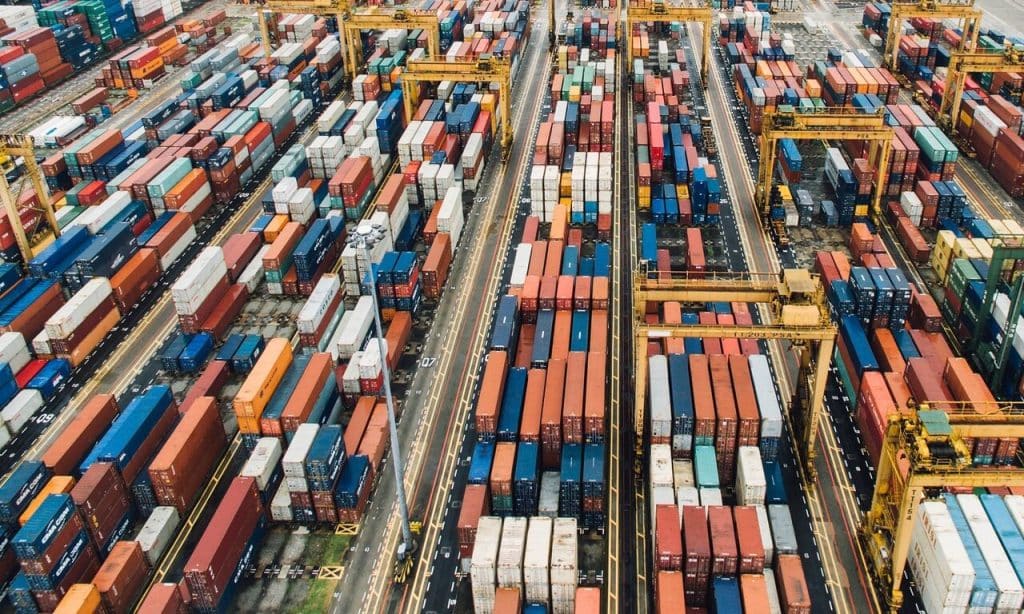Global inflation pressures the raw materials market; China’s imports decline.
China, the world’s largest crude oil importer, imported 11.39 million barrels of oil in October, the third consecutive month of decline since August. The drop in oil imports could be seen as a reflection of higher prices when the cargoes were ordered. Brent crude hit a six-month high when China ordered the cargoes, before recovering.
Since then, oil prices have generally been on a downward trend, although they have occasionally rebounded due to geopolitical events, such as Donald Trump’s announcement of new sanctions on Russian oil producers. Brent reached $63.63 a barrel on Friday; the drop could encourage Chinese refiners to increase imports, even if much of the oil purchased is transferred to commercial and strategic reserves.
The impact of rising prices is also being seen in natural gas imports. Gas imports in October reached 9.78 million tons, down 7.2 percent from the same period last year. The volume of gas transported via pipelines from Central Asia and Russia appears to have remained roughly constant; therefore, the decline is largely attributable to imports of liquefied natural gas (LNG), which have been weak this year due to high spot prices and strong European demand.
China’s crude copper imports fell 9.7 percent to 438,000 tons in October, largely due to rising global copper prices, which have been on the rise since April and reached a record high of $11,200 per ton in November.
Coal and iron ore
However, prices are not always the reason for China’s decline in imports, and coal is a case in point. Imports of all types of coal fell 9.3 percent in October to 41.74 million tons, down 9.8 percent from October last year. The drop in imports came as the price of marine thermal coal was near a five-year low. Although prices have recently rebounded slightly, China’s imports are expected to pick up again by the end of the year as winter approaches and domestic coal prices rise.
Among all commodities, iron ore was the surprise import, reaching 111.31 million tonnes. This was a 7.2 percent increase from October last year and the fifth consecutive month that imports exceeded 100 million tonnes. The rise in iron ore imports appears to be largely due to inventory rebuilding.
Stocks at ports rose to 138.44 million tonnes in the week to Friday, the highest in seven months. While stocks are still short of the 150.7 million tonnes in November last year, iron ore imports are expected to remain steady through the end of the year.

